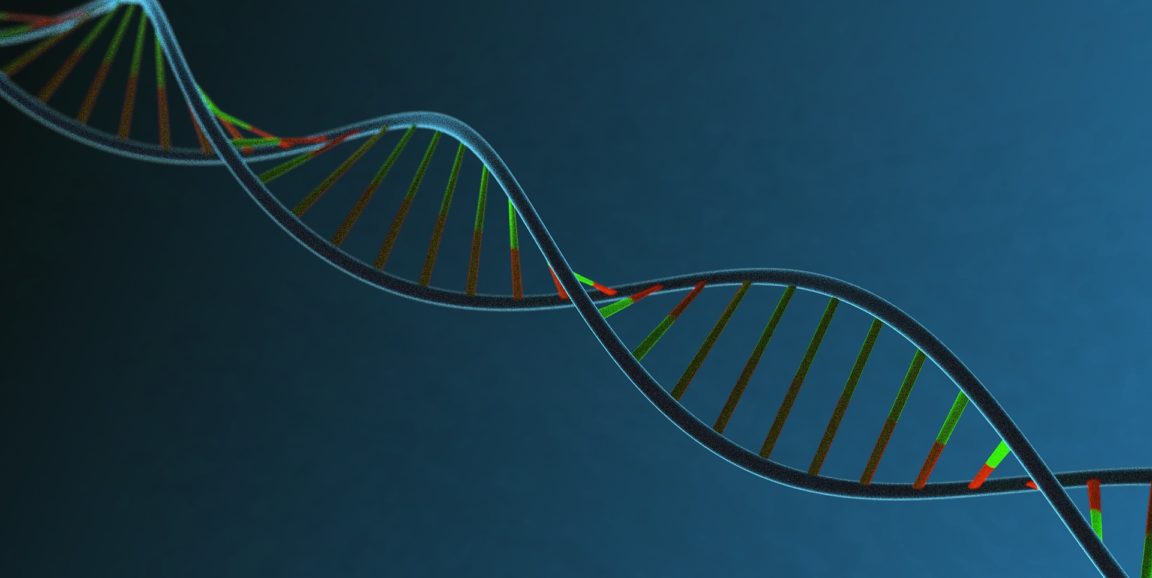Women with breast cancer are increasingly being tested for up to 90 cancer-related genes, rather than just the well-known mutations BRCA1 and BRCA2, new research suggests.
This multigene testing can provide information that can guide treatment, but it may also have include findings of unknown clinical significance, the researchers, led by Allison Kurian, MD, a Stanford breast and gynecologic cancer specialist, write in JAMA Oncology.
"In general, multigene panel tests yield more clinically useful results and are rapidly becoming the norm," Kurian said in a Stanford Medicine press release. "Newly diagnosed women should ask their doctors whether they may be appropriate candidates for genetic testing. They should also advocate for the opportunity to discuss genetic testing and its implications with an experienced clinician, such as a genetic counselor, in a timely manner."
Multigene tests can also provide information for family members that isn't available in just a BRCA test, Kurian pointed out.
"This is very important because it offers the opportunity for genetically targeted, primary cancer prevention in unaffected relatives," she said. "Some prior research has shown this 'cascade testing' of unaffected family relatives is cost-effective, and there are currently several initiatives underway to improve upon the delivery and success rates of cascade testing."
The increase in genetic tests — and the complexity of their results — also points out the need for additional genetic counselors, Kurian said, adding:
More genetic counselors are needed, and they should be integrated into routine cancer care. There is also a need for new care-delivery models that effectively triage appropriate patients to timely genetic counseling.
Image by Thor_Deichmann




